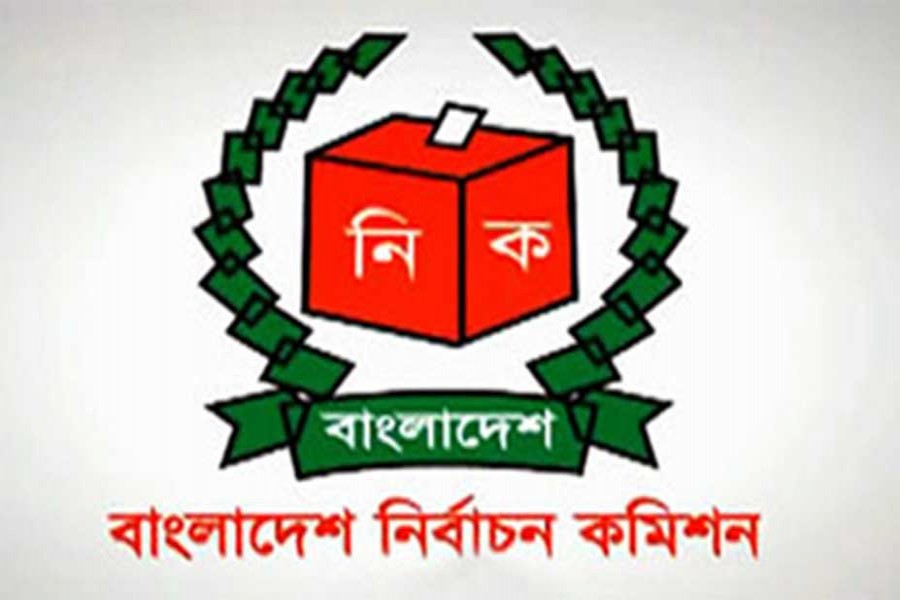The Election Commission (EC) should earn the confidence of people over e-voting, experts said.
The use of electronic voting machines should be left with the people and the Election Commission, they said.
If possible, the EC can use the EVM in around 300 centres on a small scale. It may take 10 to 15 years to be capable of holding the election using EVMs in all 300 constituencies, they viewed.
The EC has to hold the 11th national election between October 30 and January 28 in line with the constitution. Accordingly, it planned to hold the 11th parliamentary election in the last week of December, reports bdnews24.com.
The EC has already approved the proposal to amend the Representation of the People Order 1972 or RPO to pave the way for the use of EVMs in the national election beside the traditionally printed ballots.
The issue is under the process of getting approval by the cabinet and the law ministry before it is passed as a bill in parliament.
The political quarters have been discussing the issue of using EVMs in the upcoming 11th national election despite CEC KM Nurul Huda saying the EC is yet to determine the use of EVM in the national election.
Prime Minister Sheikh Hasina has said the EVM ‘should not be forced upon’ the people.
“We want to begin its use on a limited scale to see if there is any system loss in the technology. We can immediately cease the use in case of system loss,” said the prime minister at a press briefing on Sunday.
“At least 1,500 EVMs will be needed if it is decided to use the EVM in a single centre of each of the 300 constituencies and then there should be 150 EVMs reserved in case of troubleshooting,” said Professor Md Haider Ali of Computer Science and Engineering Department at Dhaka University and a member of the technology specialist committee related to the EVM in the EC.
The EC has currently more than 300 EVMs, he said adding that it is not possible to produce too many EVMs within next three months.
“Each centre has five polling booths. It’s a hard and huge task to run the voting process in a single day throughout the country using the EVM. Skilled manpower is required to operate the machine,” he said.
“The EVMs can be used in 100 to 300 centres as a ‘test case’ and conducting the election using the EVM throughout the country is not possible right now,” said Prof Ali.
There should be a campaign to raise awareness on the issue of voting process through the EVM, security, quality of the EVM beside continuing the use of the machine on a small scale, so people can prepare themselves for its use in the future, the technology specialist said citing the context of the recent city corporation elections in Rangpur, Khulna, Gazipur, Rajshahi, Barishal and Sylhet.
“Everyone will be capable of using the EVMs in 10 to 15 years from now. It’s an issue of the people and their participation is a must. The EC will be successful when the people accept it spontaneously.”
“We should not rush to it but begin the use of the EVM on a small scale. Why cannot we do it in the next parliament election? We can always introduce it in a few centres, and then there are always other elections coming up in the line,” said former Election Commissioner Sohul Hussain who was a part of the EC that introduced the EVM for the first time in the country.
Stressing the need for creating awareness among the voters and others, he said, “We need to bring them under confidence. They will be able to handle it once they are taught. In some places, EVMs can start on a trial basis.”


